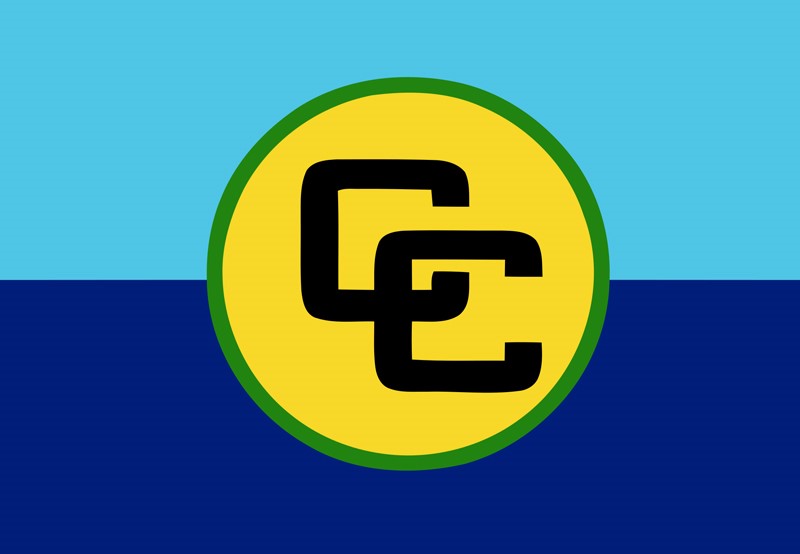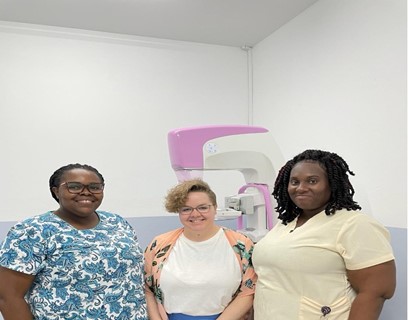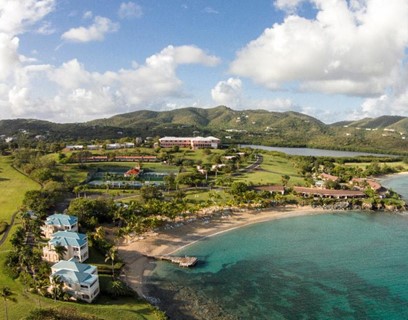
How ready is the Caribbean to compete on the global business stage? Could the region's competitiveness or lack of, be the reason why so many Caribbean states are feeling the deep economic pinch they are now warning their citizens about? Is poor customer service damaging the Caribbean brand?
The World Economic Forum produced Global Competitiveness Report 2012 2013, giving a synopsis of various countries around the world. Regarding the Caribbean, they made the following conclusions:
"Over the past year, although several countries have once again made good progress in raising competitiveness, the region as a whole continued to face important competitiveness challenges. These pertain in particular to a weak institutional set-up with high insecurity, poor infrastructure, inefficient allocation of production resources caused by insufficient levels of competition, and a low capacity to generate new knowledge to strengthen research and development (R&D) innovation in the region. Addressing these weaknesses will allow countries in Latin America and the Caribbean to be better connected not only among themselves but also to the rest of the world, and to boost productivity levels.
The finer points of that assessment are all in need of deeper analysis, and I am hoping that this is a debate the region engages in a robust fashion, towards seeking change.
The infrastructure assessment, as outlined above, I am not in full agreement with as from research, many Caribbean islands have made strides and continue to do so in improving their infrastructure. Ports and airports are of modern design and operating practices. Road networks and other transportation mediums have their distinct challenges but are being given attention by some regional governments towards improvement. There is still work to be done, and some islands are more advanced in their infrastructural development than others.
The Caribbean's competitiveness overall though, and from a business perspective still does need work. That, I am in agreement. I have made a few observations over the years and I will outline perhaps two in this piece, which are poignant.
The region must seek to improve on its timely delivery of services, paying regard to customer service as a premium asset in conducting business, recognising that in the global scheme of doing business "Time is Money."
There are some aspects of the region's customer service delivery that is causing a bad rap collectively.
Some sectors perform well, in the hotel and tourism industry, but also within this very same industry, there are some horrific performers that need to improve their operations and staff training.
Look at the recent LIAT fiasco (well LIAT has been a FIASCO for years is my contention). LIAT's executive blames the recent fleet changes from the DASH 8 aircraft to the ATRs as the main reason for this massive hiccup; blaming pilot training as the prime culprit. In hearing this, what I am hearing is LIAT's management saying that they planned poorly in executing this changeover. Businesses should operate as close to maximum efficiency as is possible, so while there may have been disruptions, the mass chaos of disruptions across the region have left a sour taste and a bad reflection on LIAT to effectively manage itself to deliver services in a timely and professional manner. The ripple effect is damaging the region's tourism product with affiliated businesses losing crucial revenue.
Customer service delivery across the Caribbean is fundamental to business retention. This attitude of "It's irie Mon! We in the islands" does not fly when you are looking to compete in a fast paced and expectations driven market place.
I propose that to help improve customer service delivery across the region, one key introduction could be something such as a regional customer service index that looks at a business' performance in delivering quality services to its clients and rank them accordingly. This survey will not just be for regional consumption, but also one that would be shared via online and other mediums in the media to the international community. This may serve to force companies to improve their service and product delivery to secure a good review and rating towards retaining existing business or attracting new clientele.
The other aspect that I have observed has to do with the politics of the region. The politics of the region is in need of an overhaul, or perhaps a more soft approach would be somewhat of a re-alignment. I have often asked the question privately, are our regional leaders failing the people? We do have some stalwarts who are making their mark, but some of the old heads are too steeped in power plays. For the Caribbean to be truly competitive in this global business environment, the region must seek innovative strategies and look at stepping its feet into new sectors away from the tried and tested resources. Tourism we cannot escape. Nor should we seek to. But in addition to the vibrancy of the tourism sector, leadership must seek to bring the region fully on par with other globally competitive emerging states. The region must decide what it wants to be.
According to the report, A Time to Choose: Caribbean Development in the 21st Century; the region needs to move beyond decades of reliance on traditional markets and trade preferences to swiftly adapt to diversify into new sources of growth, exploiting its natural advantages of location, environment, political stability and democratic traditions.
Look at the BRIC (Brazil, Russia, India, China) nations. Brazil is finding its niche in alternative energy sources, ethanol being one such. Russia is doing well with steel export and natural gas exploration and export. India has harnessed itself on several fronts, namely tech & outsourcing. China is the worlds manufacturing hub. What is the Caribbean known for or, what corner are we seeking to stamp our mark on? We must decide what we want our niche to be in the global marketplace and find the political and social will to set our people on this course accordingly. Regional competitiveness will not be a miracle on its own; leadership, stakeholders, private sector and educational institutions must act now to improve the way we do business and are viewed within the global business landscape.
Jeevan Robinson is Founder and Editor-in-Chief of MNI Alive. A global marketing, networking and information (MNI) media house. He can be reached at jeevan@mnialive.com


